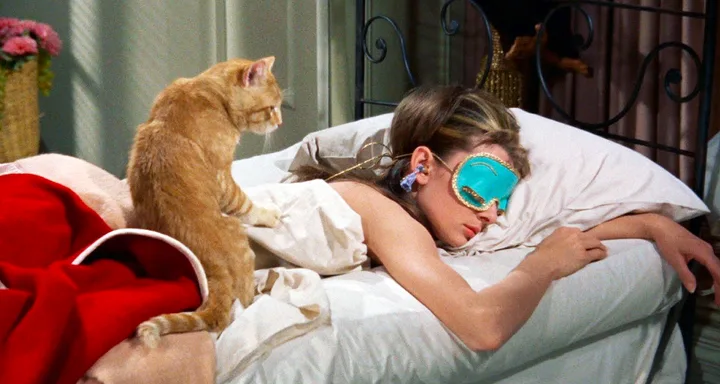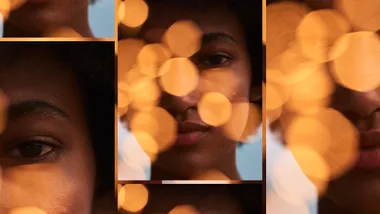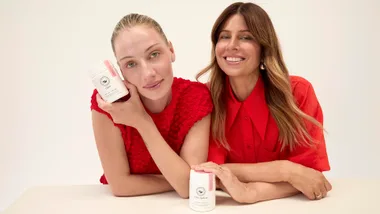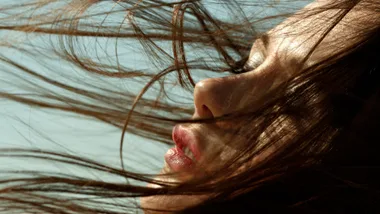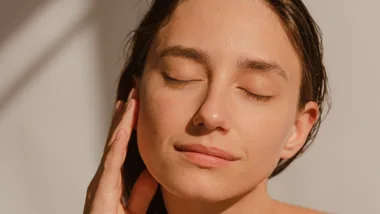With smart devices and experts alike telling us to get a good night’s rest, sleep (and how much we’re getting) has become something of an obsession for many.
That’s because the benefits of getting the full eight hours (or more) go way beyond not feeling groggy in the morning. In fact, good sleep hygiene translates to a better complexion in both the short and long term.
So, it might worth rethinking burning the midnight oil, for the sake of your body, mind and skin. After all, who doesn’t want to see beauty benefits from simply catching more Zs—it’s clearly worth looking into.
marie claire Australia talked to the four experts to find out how to improve the quality (and quantity) of our sleep, so we can wake up looking and feeling brighter.
How Does Restful Sleep Help Our Skin?
Tempted to watch just one more episode of Billions? Maybe hold off because getting to bed on time and at the same time every night will pay skin dividends.
“During sleep, levels of the stress hormone cortisol fall, which helps the skin to repair daytime damage,” says Lucy Macdougald, dermal specialist at Biologi. According to Macdougald, you’ll also help to ward off premature ageing.
“When we sleep, our body releases the important growth hormone that supports collagen production, which minimises fine lines,” she says.
Endless scrolling of Instagram and scrimping on sleep has the opposite effect. “[Only] 25 per cent of our skin’s ageing can be attributed to genetics, however, a huge 75 per cent is influenced by environmental and lifestyle factors, such as sleep.”
How Many Hours Of Sleep Is Optimal For Skin Health?
Adults generally need about seven to eight hours of sleep a night. There are four stages of sleep: the first three are Non-Rapid Eye Movement sleep (non-REM), then comes REM. The four stages last about 90–110 minutes, and once they’re done you cycle back through them all again.
Here’s what happens once you hit the pillow:
Nodding off:
This is the dozing off stage and lasts about five to 10 minutes. Your body and brain slow down, getting you ready for sleep.
Light Sleep:
Lasting about 25 minutes, eye movement stops and brainwaves slow in this stage. Your senses slow down too, preparing you for deep sleep.
Deep Sleep:
In this third stage of sleep the body repairs itself. Tissue repair also occurs in these 20-40 minutes, so it’s an important time for skin.
Rem Sleep:
A crucial moment for skin recovery. This dreaming stage is the moment when all muscles (apart from our breathing muscles and eyes) are completely relaxed.
Cortisol levels decrease and the skin cools, allowing collagen production to kick in. The first REM stage lasts about 10 minutes and each subsequent one gets longer.
When it comes to skincare, an hour before bed is the ideal time for your nightly routine, so products have time to sink in.
Looking for the best products to slap on before bed? These nighttime products are designed to work on resting skin, so you wake up looking radiant.
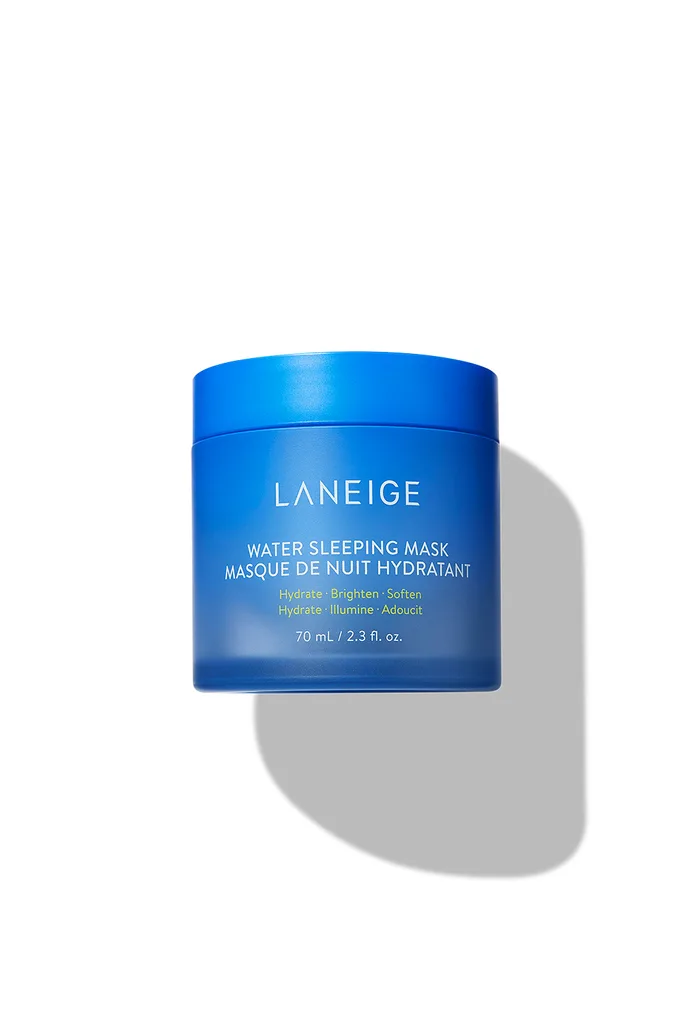
Designed to detox and calm stressed skin, this beta-glucan rich nighttime mask rehydrates skin, while its unique scent is designed to get you to the land of nod.
Laneige Water Sleeping Mask, $48 at Adore Beauty.
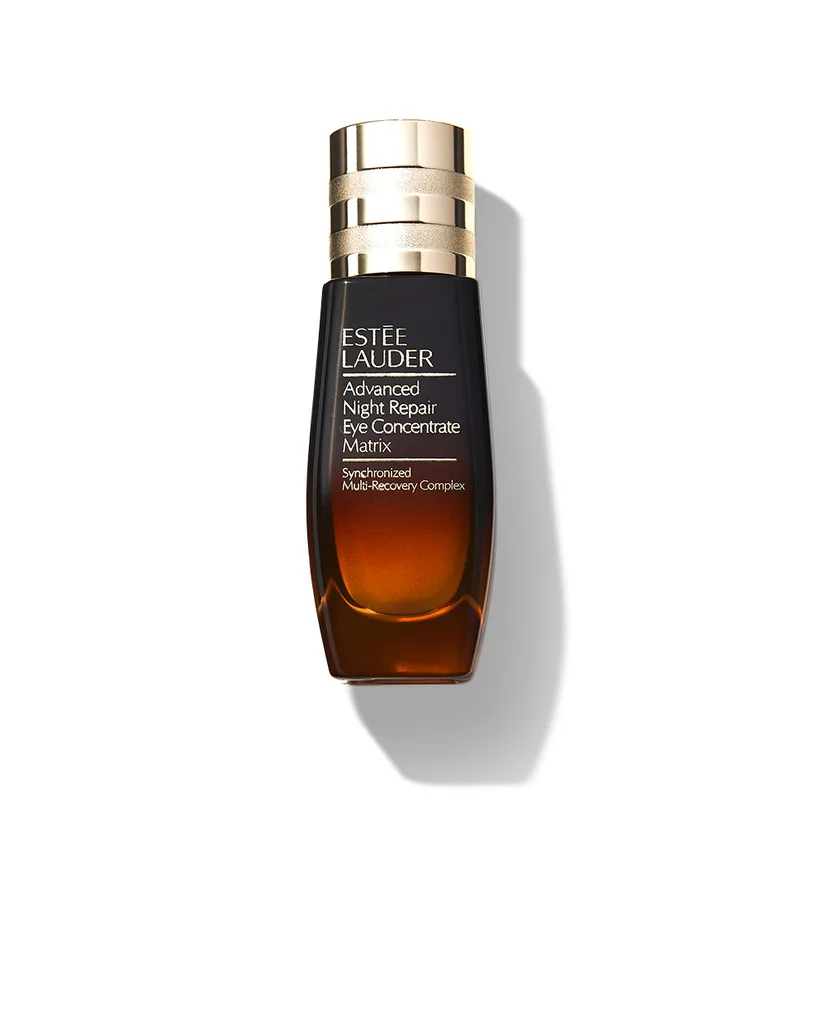
This new recruit of the cult-followed nighttime original firms the delicate eye area and targets crows feet, puffiness and dark circles while you rest.
Estee Lauder Advanced Night Repair Eye Concentrate Matrix, 15ml, $125 at Sephora.
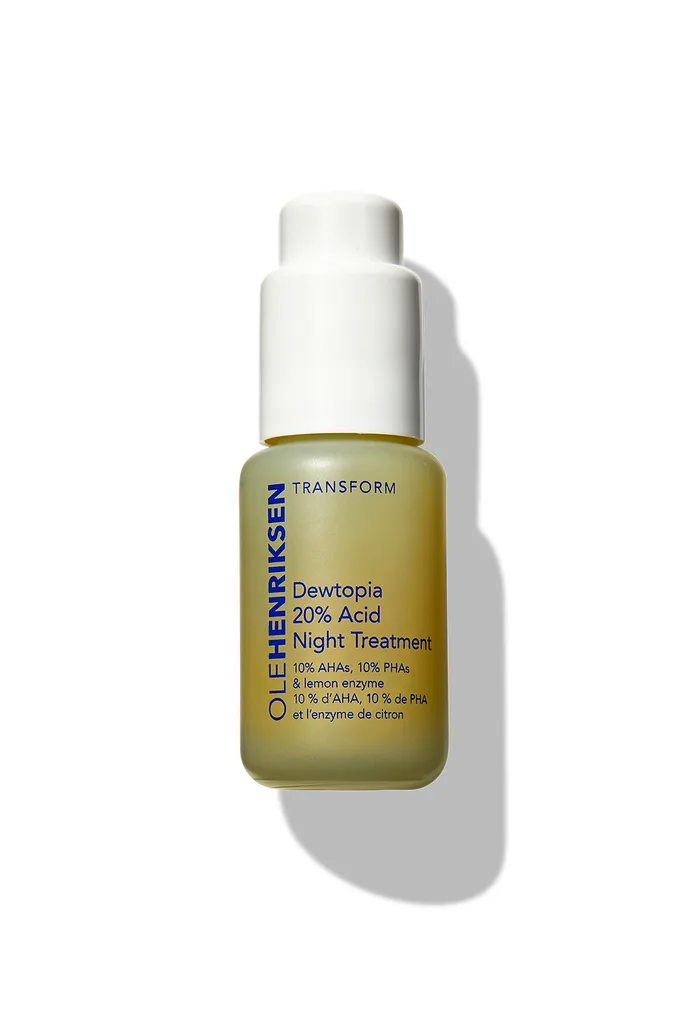
With a high count of AHAs this treatment will slough away dead skin cells to reveal more luminous skin by morning.
Ole Henriksen Dewtopia 20% Acid Night Treatment, $85 at Sephora.
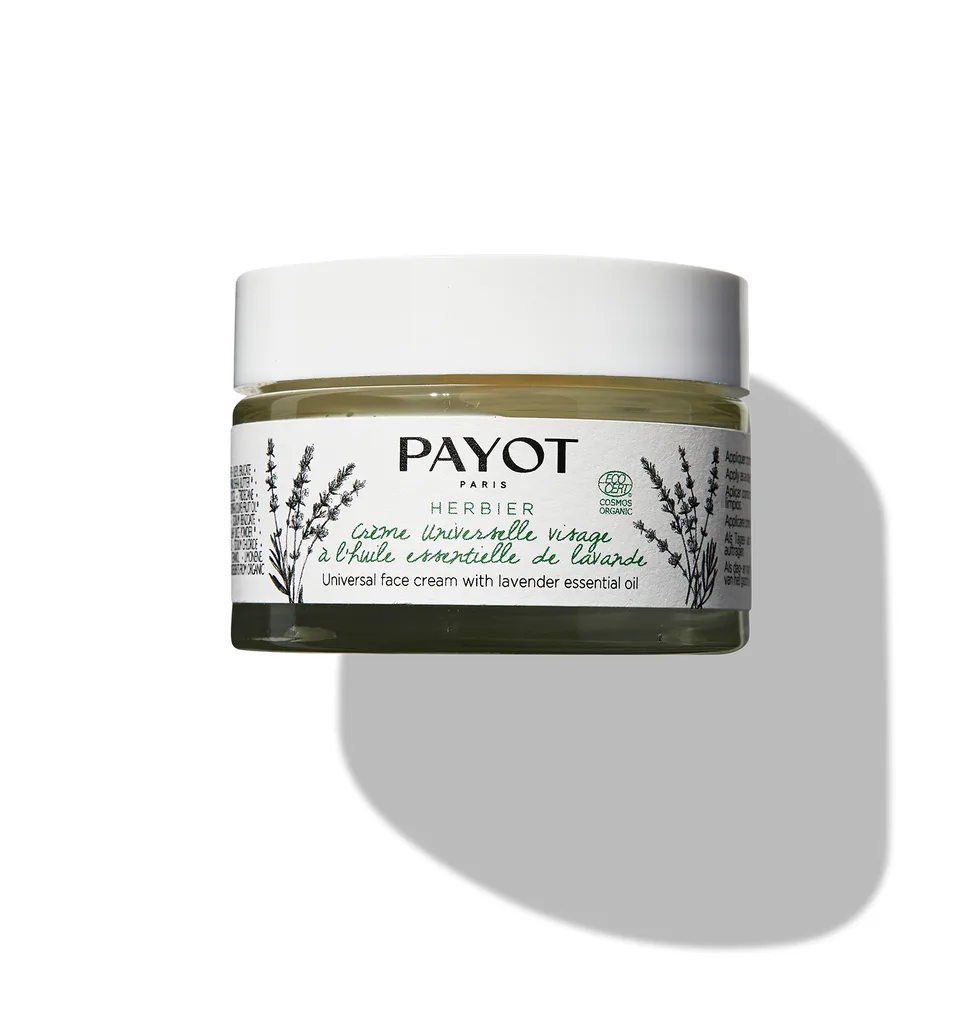
Dosed with relaxing lavender oil this hydrating natural night cream pulls double duty.
Payot Herbier Universal Face Cream with Lavender Essential Oil, $90 at ActiveSkin.com.
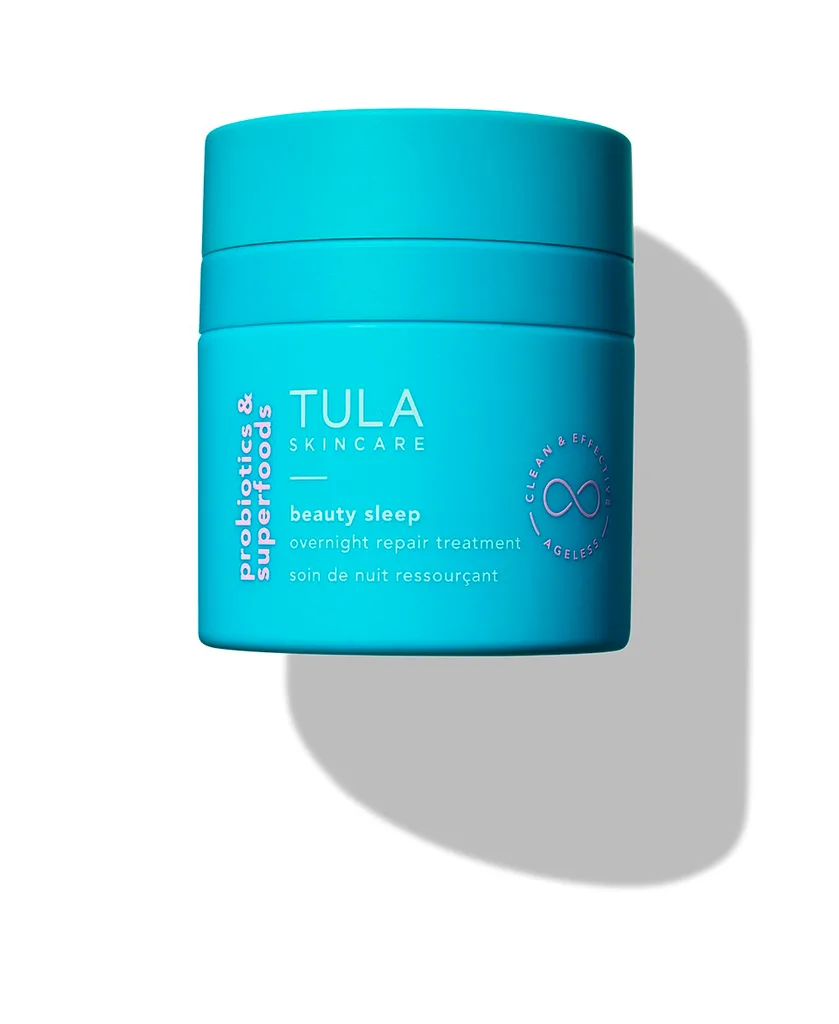
Doing all the hard work while you’re asleep, this mask improves skin tone and texture with its probiotic, AHA and vitamin C-spiked formulation.
Tula Skincare, Beauty Sleep Overnight Repair Treatment, $91 at MECCA.
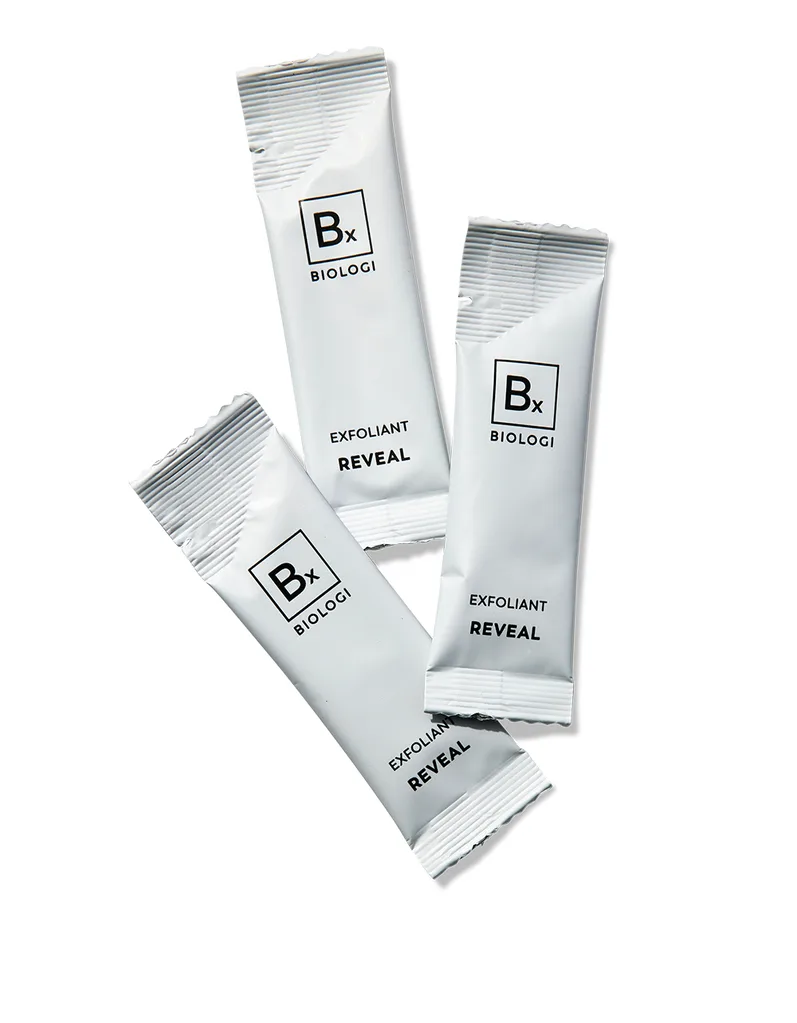
Dead skin cells can form on the surface after a night’s rest, meaning the morning is a great time to exfoliate the skin. Blend these AHA and BHA granules into your cleanser once or twice a week to get skin clear, smooth and bright.
Biologi BX Reveal Exfoliant, $59 at Adore Beauty.
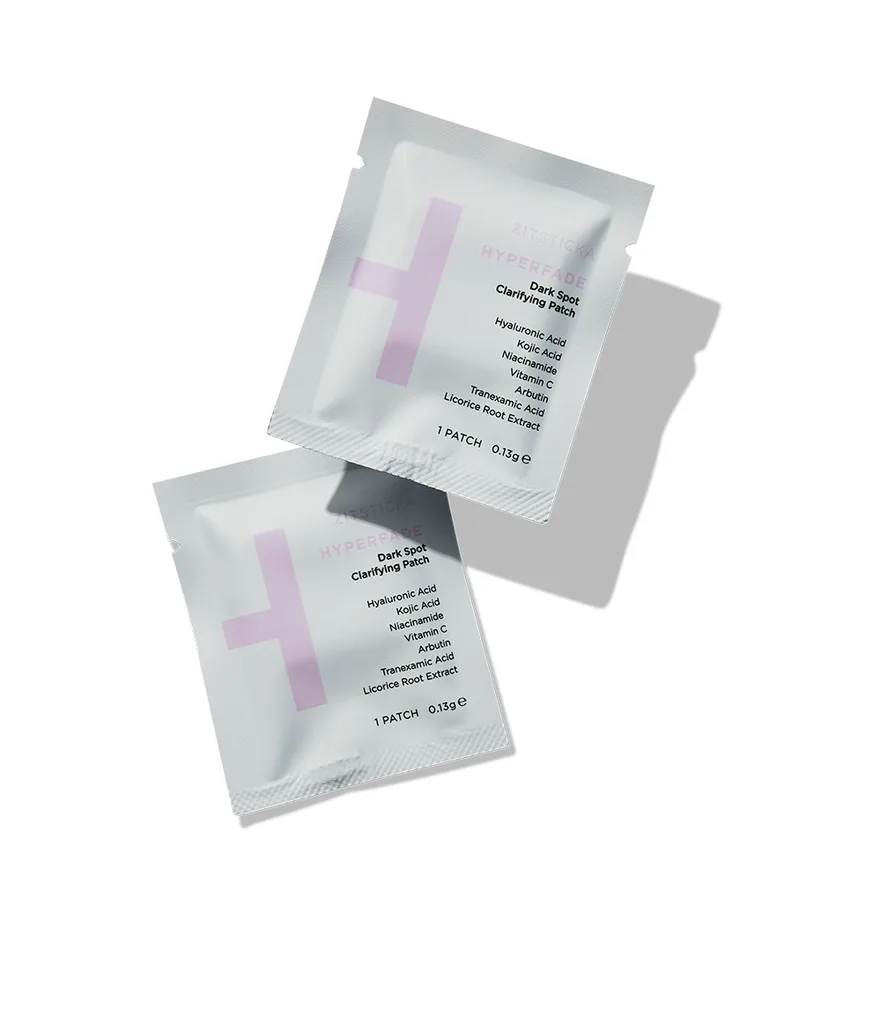
Infused with hyaluronic acid, these nighttime patches are a great way to get rid of the dark marks acne has left behind.
Zitasticka Hyperfade Dark Spot Clarifying Patch Kit, $49 at ZitSticka.com
Why Is Beauty Sleep So Important?
Skin on the night shift behaves differently from skin during the day. “During the night, our skin typically switches from protect mode to repair mode,” says Macdougald.
This means our skin lets down its defences and is more receptive to actives such as retinol and AHAs. It’s also prone to dehydration at night, so just before bed is a good time to dose up on hydration with ingredients such as hyaluronic acid.
While slicing into your slumber for the sake of a deadline might be OK occasionally, do it all the time and your complexion will pay the price.
“Disruption to the body’s sleep-wake cycle can have an on-flow effect on the skin,” confirms Macdougald. “Lack of sleep typically shows itself in the skin, either through a dull, dehydrated and lifeless complexion or dark circles under eyes.”
Sleep and stress make terrible bedfellows. “Stress is by far the biggest cause of poor sleep,” says Luke McLeod, founder of virtual meditation and mindfulness app Soul Alive.
“It can come from a number of areas, including work, relationships, financial and health worries. But there are more direct causes, such as too much screen time before bed, a poor diet, not enough exercise and dehydration.”
The climate of lockdowns, working from home and general uncertainty has played a part in our inability to get a good night’s sleep.
“I’ve seen an increase in people struggling with sleep,” McLeod says. “But this is mainly due to the anxiety Covid is causing in our lives, not the symptoms of the virus itself.”
How Can Our Beauty Sleep Be Interrupted?
When hormones drop or spike as a result of pregnancy, breastfeeding, menstruation or menopause, it can muck with the quality of our sleep and that has a knock-on effect on skin.
Menopause especially causes oestrogen to drop and can disrupt sleep in the form of night sweats.
“Night sweats can be among the most troubling symptom of menopause,” says Dr Gary Elkins, who has created mindfulness app Evia, which trains the mind to reduce the severity and frequency of hot flashes.
“Night sweats can be triggered by stress, changes in temperature, physical closeness and the brain disregulation of core body temperature during sleep.”
What Products Can You Use To Help Quality Of Sleep?
“Ensuring you get a great night’s sleep is paramount,” says Nancy Sokarno, a clinical psychologist at online psychology portal Lysn.
“Sleep is an undervalued tool—many do not realise the damaging effects a lack of it can have.”
Sometimes it’s not getting to sleep that’s the problem but staying asleep. So we’ve rounded up some aids to get you to the land of nod, and keep you there.
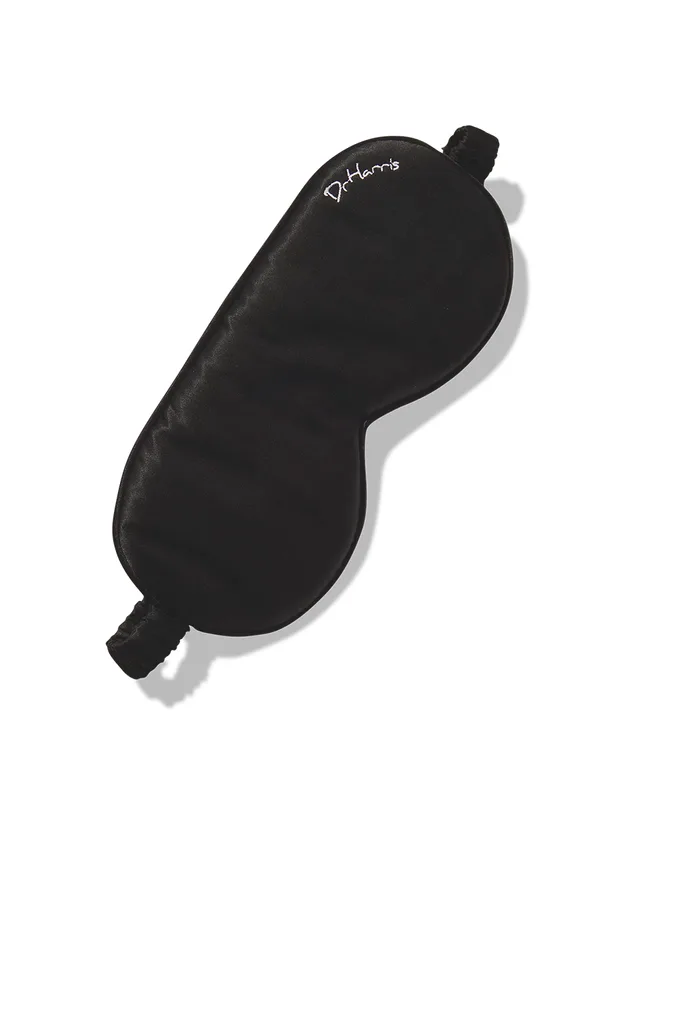
With acupressure pads, this silk mask is said to relax the body and mind and ward off eye wrinkles.
Dr Harris Anti-Wrinkle Sleep Mask, $165 at Currentbody.
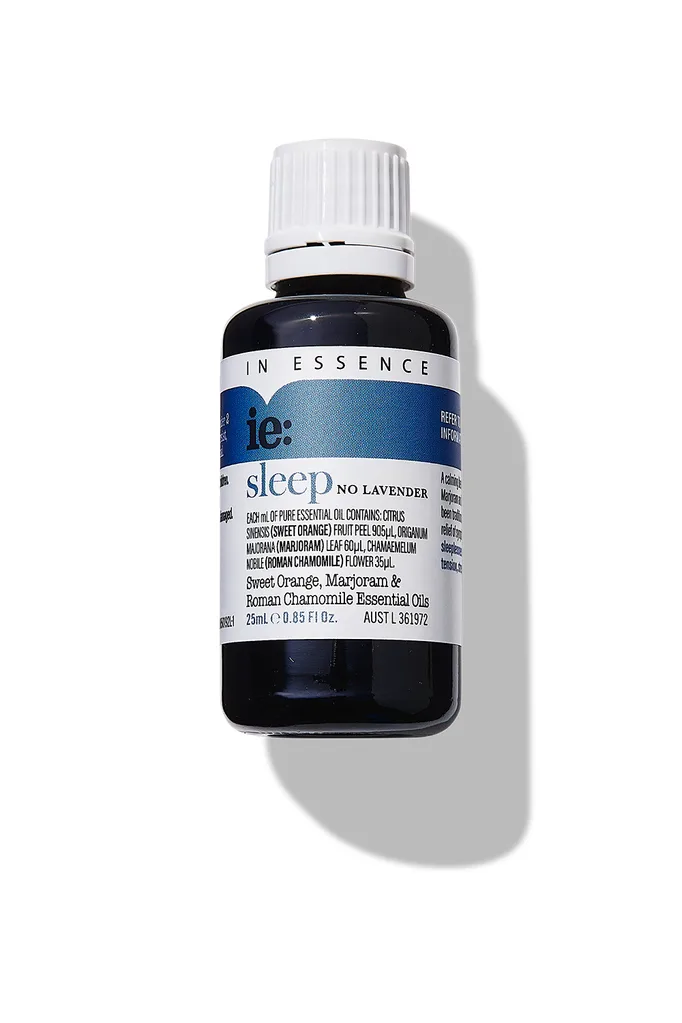
A few drops of sleep-inducing essential oils on your pillow or in a vaporiser can help relax your mind and get you to sleep.
This citrus and chamomile version is great if you don’t love lavender.
In Essence Sleep Oil Blend 25ml, $39.95 at InEssence.com.
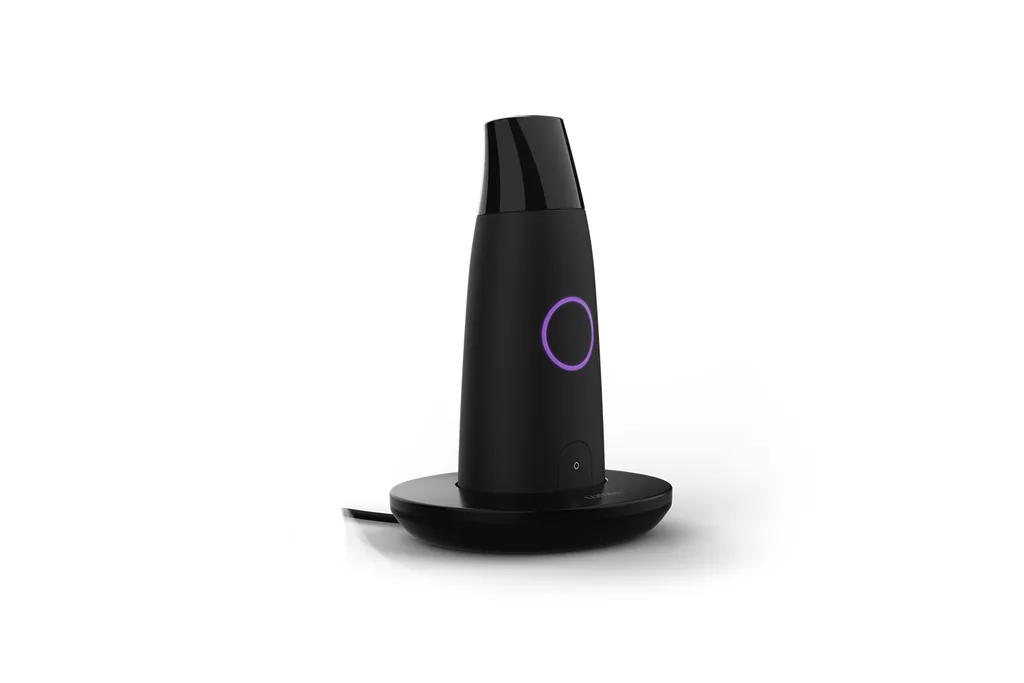
Designed to track your metabolic efficiency and help optimise your body’s ability to burn carbs and avoid bloodsugar spikes, this device will help reduce late-night snacking and get you sleeping better.
Lumen Measurement Device, $439 at Rebelsport.
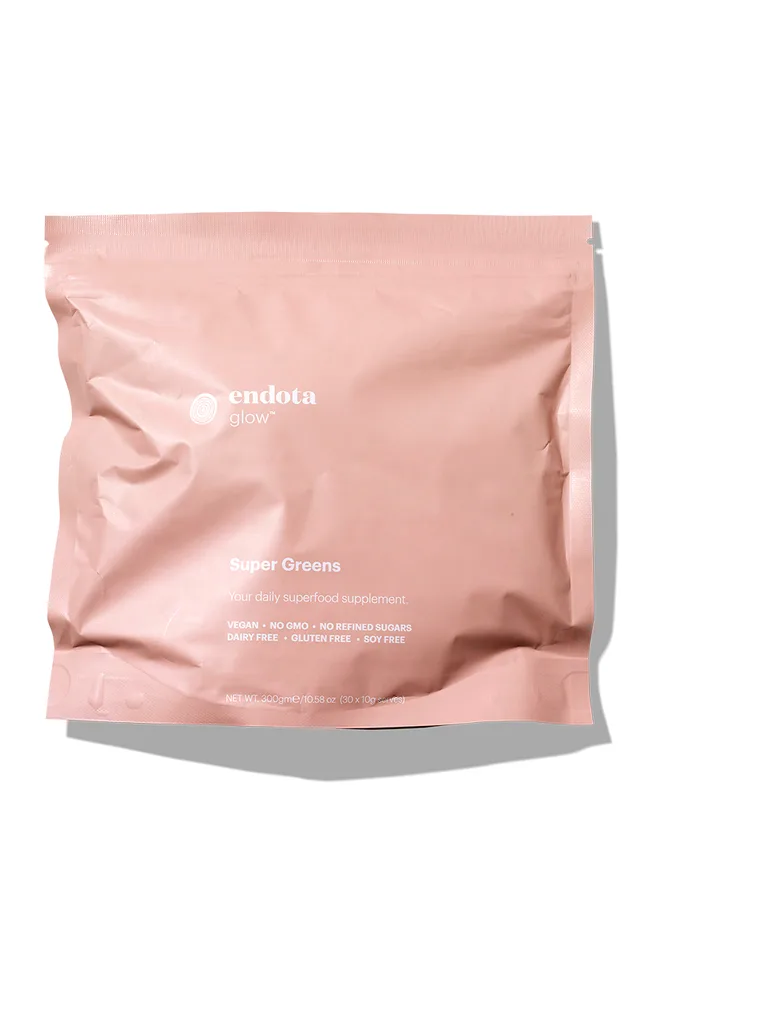
Lethargy during the day can make you restless at night. More greens in your diet will boost your metabolism, reducing daytime tiredness and allowing for a better night’s sleep.
Endota Glow Super Green, 300G, $65 at Endota.com.
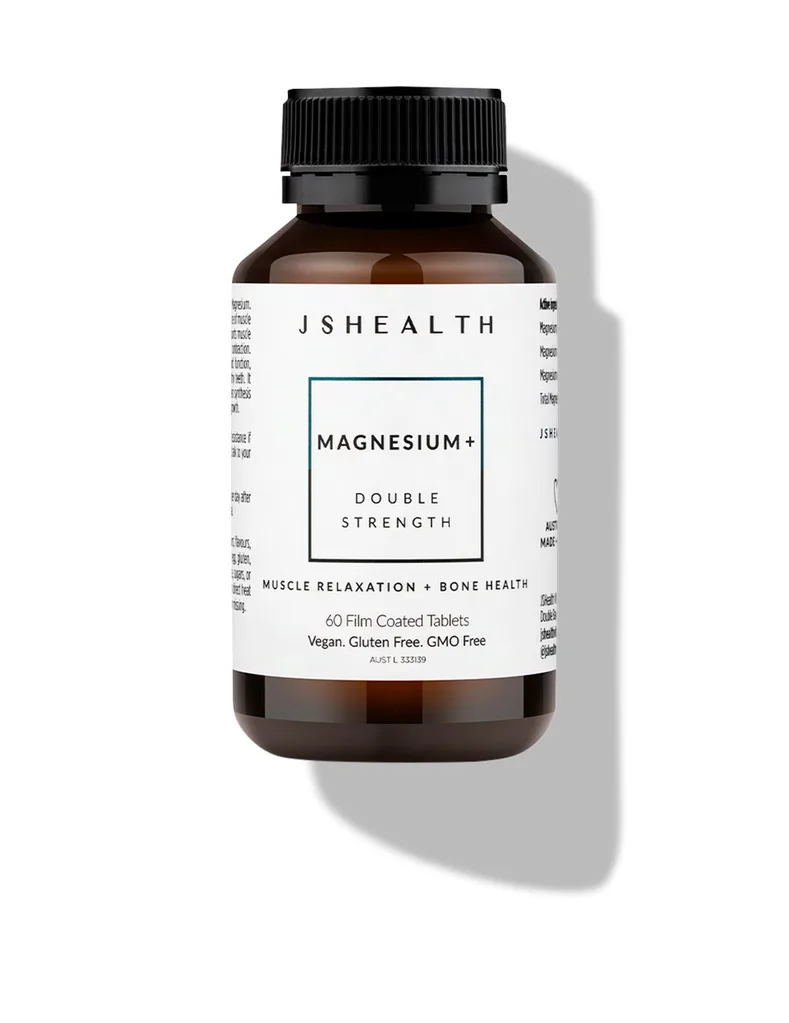
JSHealth Magnesium+, $24.99 at JS Health Vitamins.
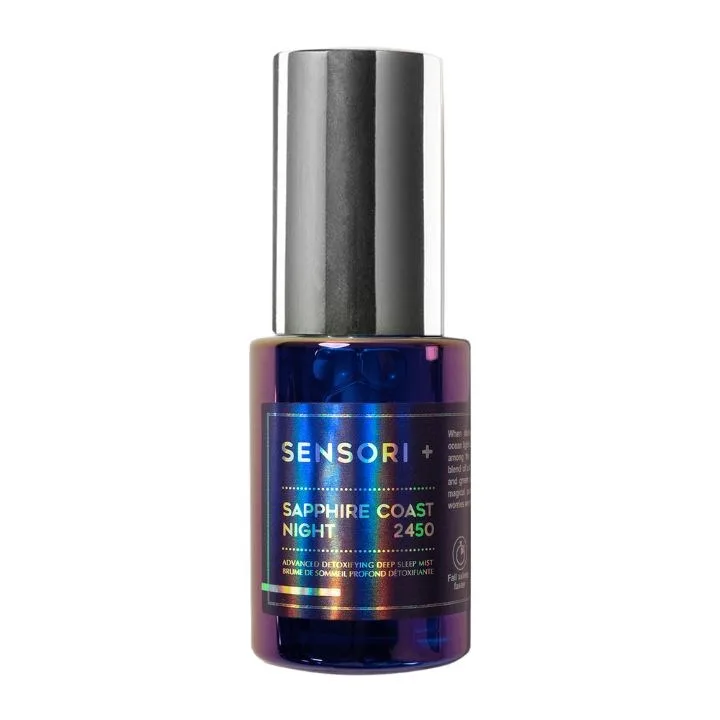
Promotes longer, deeper sleep with a more restful outlook and energy the next morning.
Advanced Detoxifying Sleep Mist, $45 from Sensori+
